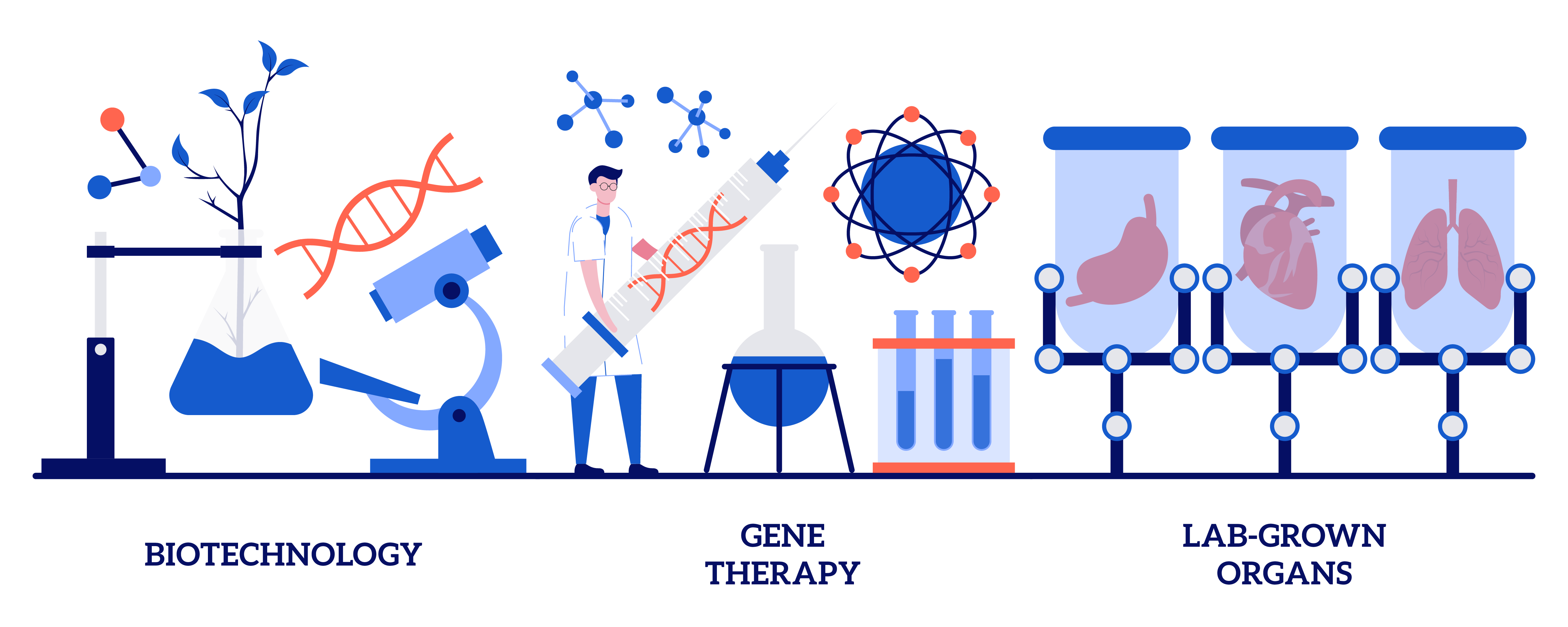Overview of some recent advancements in medication for cancer treatment.
Cancer treatment has come a long way in recent years, and one of the most significant advancements has been the development of targeted therapies. These medications are designed to target specific molecules or genetic mutations that are found in certain types of cancer cells. This allows them to be more effective against the cancer while causing less harm to healthy cells. Some examples of targeted therapies include:
- Monoclonal antibodies: These are laboratory-made proteins that mimic the immune system’s ability to fight off harmful invaders, such as cancer cells. They can be used alone or in combination with other treatments to slow or stop the growth of cancer cells. Examples include trastuzumab, which targets a protein found on the surface of breast cancer cells, and rituximab, which targets a protein found on the surface of non-Hodgkin lymphoma cells.
- Kinase inhibitors: These medications target enzymes called kinases, which are responsible for certain cell signaling processes that drive cancer growth. Examples include imatinib, which targets a specific genetic mutation found in chronic myeloid leukemia, and vemurafenib, which targets a mutation found in melanoma.
- Immune checkpoint inhibitors: These medications help to “unblock” the immune system’s ability to fight cancer by targeting proteins found on the surface of cancer cells that act as “brakes” on the immune system. Examples include nivolumab and pembrolizumab, which target a protein called PD-1 and are used to treat a variety of cancers, including lung cancer and melanoma.
Another area of recent advancement in cancer treatment is the use of personalized medicine. This approach uses genetic testing to identify specific mutations or other genetic changes in a patient’s cancer cells, and then tailors treatment to target those changes. For example, the drug Tarceva (erlotinib) is specifically targeted to those who have mutations in the epidermal growth factor receptor (EGFR) gene, which is found in about 10-15% of lung cancers.
Another area is the use of immunotherapy, which harnesses the power of the body’s own immune system to fight cancer. These treatments can be used alone or in combination with other treatments, such as chemotherapy or radiation therapy. Examples include CAR-T cell therapy, which genetically modifies a patient’s own T cells to attack cancer cells, and oncolytic virotherapy, which uses a virus to infect and kill cancer cells.
Finally, precision medicine approach is becoming more prevalent in cancer treatment, these involves testing the cancer cells in order to select the most effective treatment, personalized treatment is being used increasingly. An example of precision medicine is the use of liquid biopsies, which analyze a patient’s blood for cancer DNA. This allows doctors to track the progression of a patient’s cancer and monitor response to treatment without the need for invasive tissue biopsies.
Cancer treatment is a constantly evolving field, and many more breakthroughs are likely to occur in the coming years. The above-mentioned advances only represents some of the current treatments, research and technologies which are being developed and improved to tackle cancer.
It is important to note that it’s essential to consult with a medical professional to determine what treatment options may be best for a particular patient, as the right treatment depends on many factors, such as the type.
